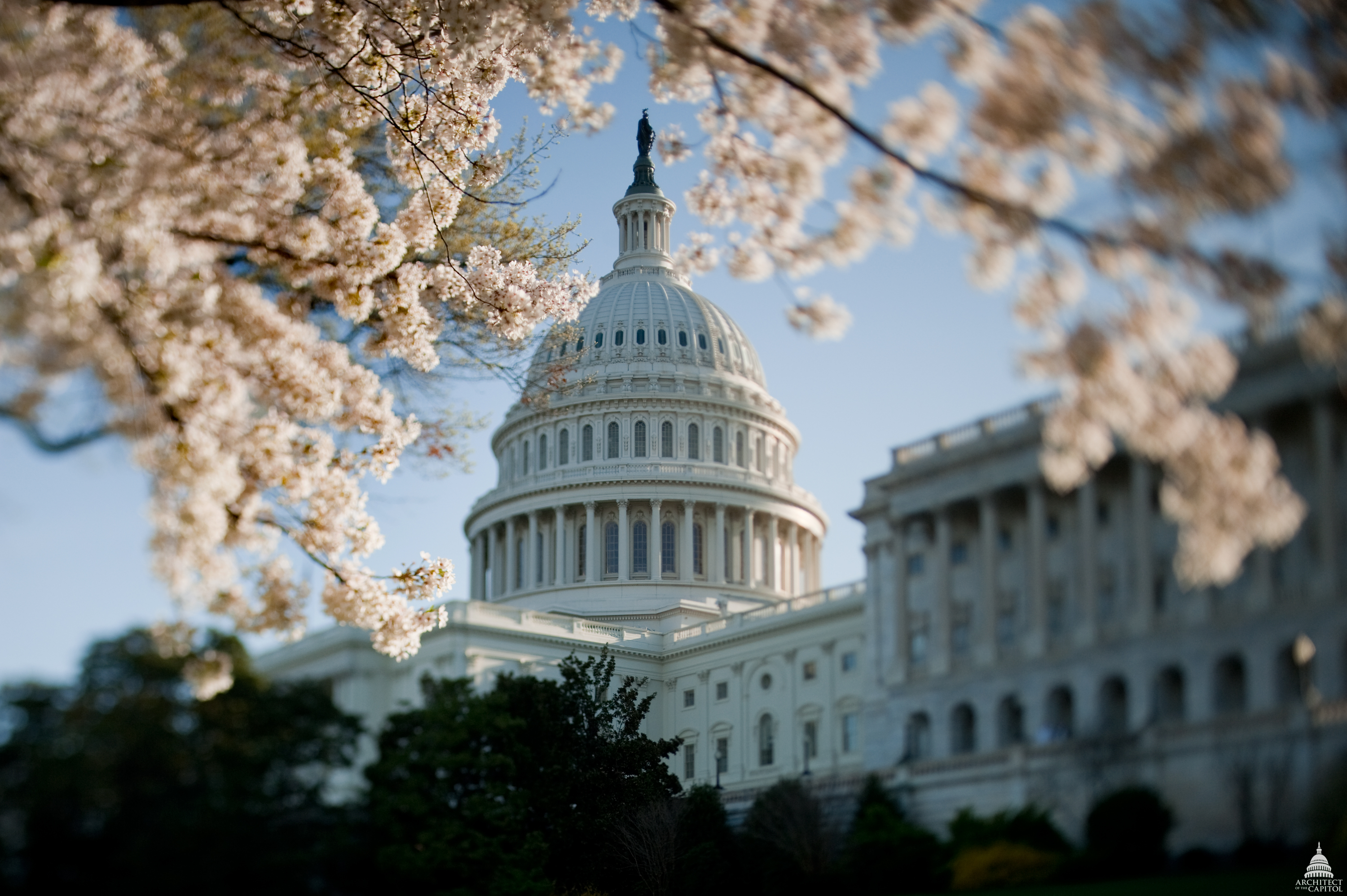GOP Slams FCC Over Report of EBB Subsidy Abuse
Said OIG warning raises issues about oversight capability

The smarter way to stay on top of the multichannel video marketplace. Sign up below.
You are now subscribed
Your newsletter sign-up was successful
Republican leaders of the Senate and House committees overseeing communications, who always have their antennas up for waste, fraud and abuse in government funding programs, want some answers from FCC chair Jessica Rosenworcel after the FCC's inspector general found that some broadband providers were fraudulently enrolling households in the Emergency Broadband Benefit (EBB) program.
They suggested it was the latest evidence the FCC may not be able to handle overseeing such subsidies and want information like the names of the carriers, if the FCC has them, and what the FCC is going to do to them.
EBB is the $3.2 billion broadband subsidy for low-income residents coping with COVID-19 that was made permanent in the Infrastructure Investment and Jobs Act, the Republicans point out, and given an added infusion of $14 billion via the Affordable Connectivity Program.
"We are troubled to learn that fraud and abuse was discovered in the EBB program," they wrote Rosenworcel in a letter, a copy of which was supplied to Next TV. "The FCC needs to make improvements to prevent further fraud and abuse in this program, particularly as the agency considers changes to transition the EBB to the Affordable Connectivity Program (ACP)," the legislators wrote, adding: "This is not the first time a federal watchdog has found waste, fraud, and abuse in an FCC program. In 2017, the GAO stated that it could not verify the eligibility of 1.2 million Lifeline subscribers, and a potential annual subsidy amount of $1.2 million could have resulted from potentially ineligible or fictitious individuals receiving Lifeline benefits."
They also pointed to a 2020 GAO report that the FCC's oversight of the E-Rate schools and libraries subsidy program was “insufficient…to identify potential fraud risks.”
They said, put together, it raises "serious doubts" about "the FCC’s ability to oversee and manage its programs."
Sending the letter to Rosenworcel were Sens. Roger Wicker (R-Miss.), ranking member of the Senate Commerce Committee; John Thune (R-S.D.), ranking member of the Communications Subcommittee; as well as Reps. Cathy McMorris Rodgers (R- Wash.), ranking member of the House Energy & Commerce Committee; and Bob Latta (R-Ohio), ranking member of the Communications Subcommittee.
The smarter way to stay on top of the multichannel video marketplace. Sign up below.
Last month, the FCC warned the public -- as well as EBB providers -- of enrollment abuses it has uncovered, though it did not identify any carriers involved.
Back in October, the Federal Trade Commission warned of potential scamming against the $3.2 billion program, which the FCC stood up last February, saying specifically that providers were enrolling EBB households based on school participation in the USDA's National School Lunch Program Community Eligibility Provision (CEP) in number that "vastly" exceeded the students actually enrolled.
The program offers up to a $50-per-month subsidy for eligible households (up to $75 on tribal lands) and up to a one-time $100 toward a computer or tablet until the money is expended. ■
Contributing editor John Eggerton has been an editor and/or writer on media regulation, legislation and policy for over four decades, including covering the FCC, FTC, Congress, the major media trade associations, and the federal courts. In addition to Multichannel News and Broadcasting + Cable, his work has appeared in Radio World, TV Technology, TV Fax, This Week in Consumer Electronics, Variety and the Encyclopedia Britannica.

